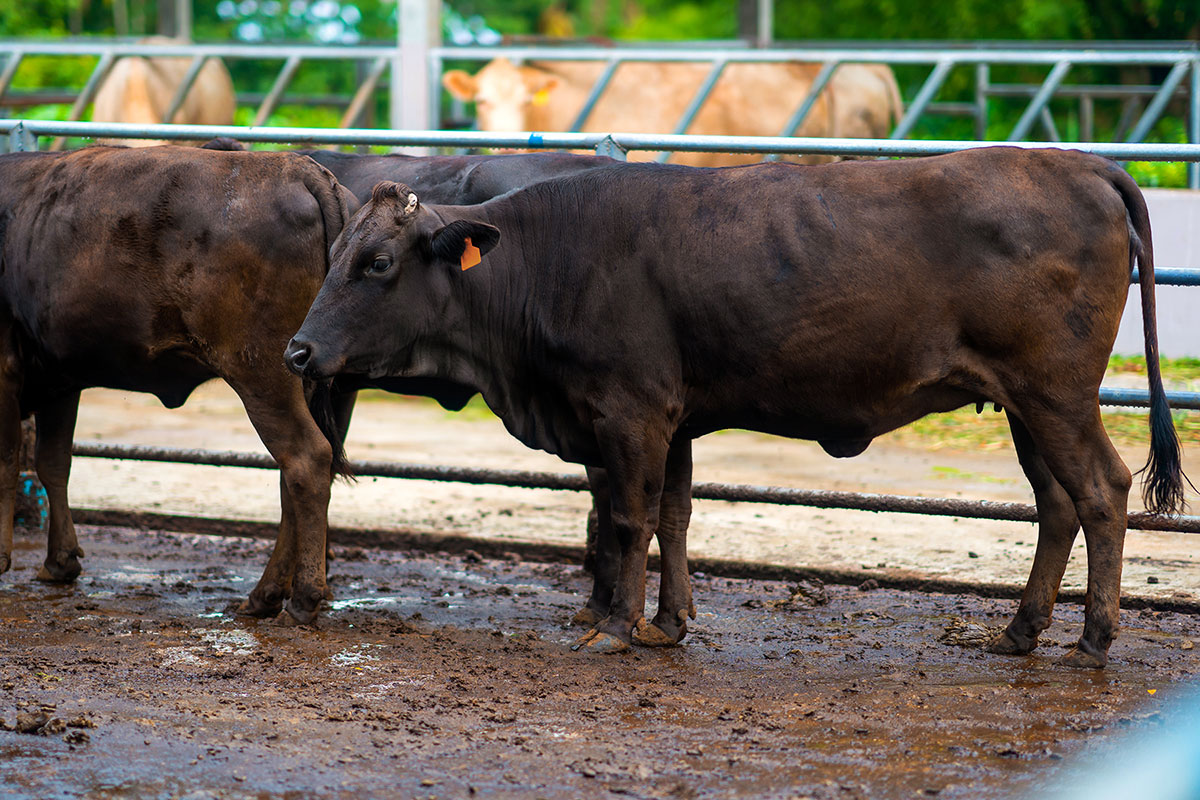Is Wagyu Beef Animal Cruelty in Disguise? High-End Ethics Exposed
Wagyu beef has tantalized the taste buds of gourmands around the world, catapulting itself into culinary stardom. Revered for its marbling, tenderness, and rich flavor, it has become synonymous with luxury dining. However, beneath this glossy façade lies a troubling question: is the production of Wagyu beef a form of animal cruelty cloaked in the allure of high-end cuisine?
The origins of Wagyu can be traced back to centuries-old practices in Japan, where cattle were raised for their rich, flavorful meat. Traditional methods incorporated meticulous care, ensuring the cattle led a stress-free life. Yet, as the appetite for Wagyu has surged globally, these practices have undergone a significant transformation. Large-scale farming operations now dominate the industry, favoring profit over philosophy.
To fully grasp the ethical implications of Wagyu beef, we must first understand the conditions under which these animals are raised. In many commercial settings, Wagyu cattle are subjected to environments that are less than idyllic. The space provided to them often falls short of the expansive pastures that characterize their natural habitats. Instead of roaming freely, they are frequently confined to cramped quarters. This brings forth an inherent challenge: can we justify the exquisite taste of Wagyu, a luxury, when the animals are potentially subjected to inhumane living conditions?
The treatment of livestock in high-end beef production is a contentious subject. Animal welfare advocates argue that the methods adopted in modern Wagyu farming mirror those seen in the factory farming of other beef cattle. Practices such as intensive feeding—often culminating in grain diets that differ substantially from the natural foraging behavior of cattle—are prevalent. Such diets are created to maximize marbling and increase fat content, leading to the iconic tenderness of Wagyu beef. However, this approach raises ethical concerns about the sustainability of animal welfare.
Beneath these considerations lies the fundamental question: what defines cruelty? Is it merely a set of practices that inflict visible harm, or does it extend to the mental and emotional well-being of these animals? Many proponents of Wagyu beef argue that the marbling and superior taste are the direct result of humane treatments such as gentle handling and a dedicated feeding regimen. However, the contrasting narratives of their treatment offer little resolution. Are these claims genuine, or do they serve to mask the discomfiting aspects of commercial livestock farming?
While it is easy to romanticize the picturesque image of Wagyu farms perched in the rolling hills of Japan, the reality for many cattle is far less idyllic. Reports have surfaced detailing practices that neglect the welfare of the animal. Stress during confinement, improper health care, and insufficient attention to behavioral needs are all factors that paint a grim portrayal of modern farming. In light of these revelations, the question remains: does the indulgence in Wagyu beef contribute to a culture of demand that perpetuates such practices?
Moreover, the environmental ramifications of mass-producing Wagyu cannot be overlooked. From the hefty carbon footprint of feed production to the significant water resources required to sustain livestock, the industry has come under scrutiny for its ecological impact. Consequently, one must evaluate the ethics of consuming Wagyu beef: at what cost do we indulge in such a luxury? Perhaps the more pertinent inquiry is whether the glamorous reputation of Wagyu beef can be disentangled from the potential for cruelty embedded in its production.
In response to these mounting concerns, some producers are advocating for more responsible practices. There are farmers who emphasize ethical methods, allowing their cattle to enjoy a life of relative freedom, supplemented by organic feeding. Yet, this ethical dilemma is not as easily extracted from the broader culture surrounding high-end beef consumption. Does the existence of “humane” Wagyu beef negate the larger problem of animal exploitation in meat production? Or does it merely serve as a façade for those unwilling to confront the complexities of their dietary choices?
Consumer awareness is a critical element in today’s meat industry. With the rise of ethical eating and a focus on sustainability, beef lovers are becoming more discerning. They are no longer content to blindly indulge without acknowledging the implications of their choices. This awakening presents a unique challenge for both producers and consumers alike: can the domains of luxury cuisine and ethical animal husbandry coexist, or are they forever at odds?
In the quest for transparency, recognizing the interconnectedness of animal welfare, environmental sustainability, and cultural tradition becomes imperative. As we consider the question of whether Wagyu beef is, in fact, animal cruelty in disguise, it becomes evident that the answer is not black and white. Instead, it is painted in shades of gray, as a complex web of factors interlaces the art of gastronomic pleasure with the pressing need for ethical integrity.
Ultimately, engaging with the discourse surrounding Wagyu beef challenges us to reflect on our values as consumers and the implications of our choices. A conscientious approach to our dietary habits may lead to a profound transformation in the industry. By advocating for practices that prioritize animal welfare while savoring the exquisite taste of Wagyu, we can strive for an ethical equilibrium that nurtures both our palates and our principles.








